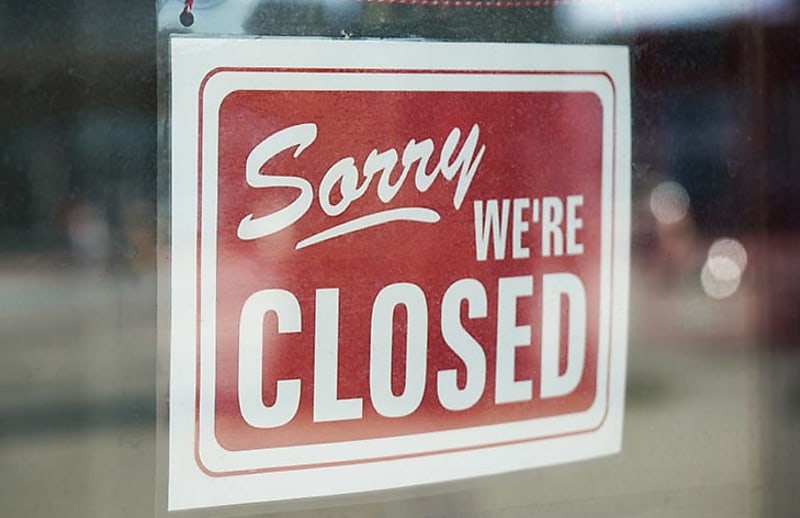ATO, bank debt crusade triggers 133% jump in court wind-ups
BusinessBusiness insolvencies surge as debtors end their COVID-19 era leniency.

Debt crackdowns by the ATO and big four banks have caused court wind-ups of businesses to surge by 133 per cent in the first half of FY2024, data from Insolvency Australia shows.
Its Corporate Insolvency Index found voluntary administration numbers were up 14 per cent and controller appointments jumped 34 per cent, bringing total appointments to 4,531, a 24 per cent increase over the same period in FY2023.
Director Gareth Gammon said large legacy debts from the COVID-19 era, combined with higher living costs, inflation and low discretionary spending created a “perfect storm of stressors” for business insolvencies.
“The resounding theme is the rate at which the ATO and big four banks are redoubling their debt collection efforts and enforcing recovery action,” he said.
He said “the ATO and the banks, in particular, are using all the tools in their arsenals to recover monies owed,” making up for years of leniency during Covid years.
NSW had the most insolvencies, recording 3,141 appointments in the first half of the financial year, followed by Victoria at 1,564 and Queensland at 1,092.
The top insolvency firms by appointment volume were Worrells (540), SV Partners (387), Cor Cordis (253), Hall Chadwick (245) and Mackay Goodwin (236).
Worrells principal Scott Andersen said ATO enforcement played a big role in insolvencies. “With the exception of the Covid years, the ATO has always been a key driver of insolvency appointments and I don’t expect this to change,” he said.
“They have a debt book of $50.2 billion which they are trying to collect, and they have significant tools at their disposal, such as issuing director penalty notices and garnishee notices.”
Collectable debt had surged by 89 per cent over the past four years, prompting the ATO to shift to a hardline approach last year.
In November, deputy commissioner Vivek Chaudhary said there “would be exits” as the Tax Office “re-established the culture of paying tax on time”.
Outgoing commissioner Chris Jordan was “unapologetic” about the office’s crackdown on businesses to collect what they owed. “The ATO is not a bank offering cheap loans and a cashflow buffer. Paying tax isn’t optional.”
However, simplified debt restructuring (SBR) plans were on the table to avoid a court-enforced winding up, according to experts.
Mr Andersen said the ATO would be “receptive” to SBR offers made by businesses with a history of compliance.
“The ATO typically views a proposal more favourably when there has been a good history of tax obligation compliance and there are no large outstanding related party asset loan accounts,” he said.
Auxilium Partners founding partner Bob Jacobs warned businesses in the retail, hospitality and construction industry were “at risk” of insolvency in the coming months due to cost pressures from labour shortages and “tightening” of available capital.
But directors could preserve their businesses by getting professional advice early. “While we expect to see an increase in insolvencies [in 2024], we believe if directors act early there will be many opportunities to restructure their affairs.”
For businesses whose only option was to close up shop, the silver lining was that “this return to a normal economic cycle will pave the way for new entrants and business ideas in the market”, he said.
“There are a lot of businesses that need to be ‘ended’ because they are no longer viable and have legacy debts no longer supported by the crown creditors.”




